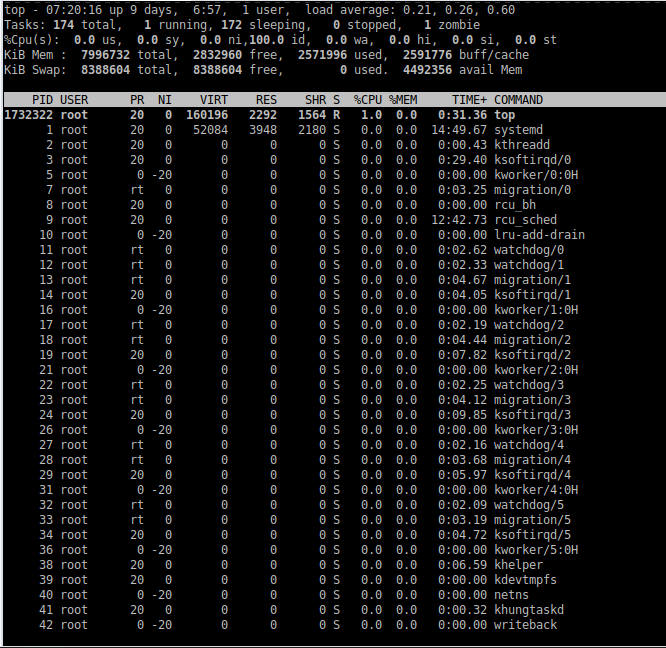while description of command-line is "php-cgi" within one of your websites (inline PID user) and mail queue is currently not running,
that's mean your LOAD DATA INFILE not working.
And Or
If the LOAD DATA INFILE related to Database abilities is still not working with your Matomo version: 4.11.0 to Diagnostic System Check setting, try the following configuration:
check within your configuration for MultiPHP.ini,
Currently I'm using the latest stable LTS tier released WHM version 11.102.0.21 using PHP 7.4.30 (cli) with Zend Engine v3.4.0
from ea-php74 and not using alt-php74,
in WHM menu: Home /Software /MultiPHP INI Editor >> Editor Mode
Edit the INI settings of current PHP version of your domain name server.
and...
change the settings that you should not have:
(Before PHP 7.2.16 and 7.3.3 the default was "1")
Code: Select all
enable_load_data_infile=0or change it with:
Code: Select all
#enable_load_data_infile=0Code: Select all
;enable_load_data_infile=0if you are using PHP-Mysqli,
you must enable the PHP INI setting with:
Code: Select all
mysqli.allow_local_infile = OnThis is WHM server Con job example:
Located at /var/spool/cron/root
within root shell terminal I'm using:
Code: Select all
nano /var/spool/cron/rootCode: Select all
09,39 * * * * /usr/local/cpanel/scripts/clean_user_php_sessions > /dev/null 2>&1Code: Select all
15 0 * * * mysqlcheck --auto-repair --optimize --all-databases > /dev/null 2>&1
